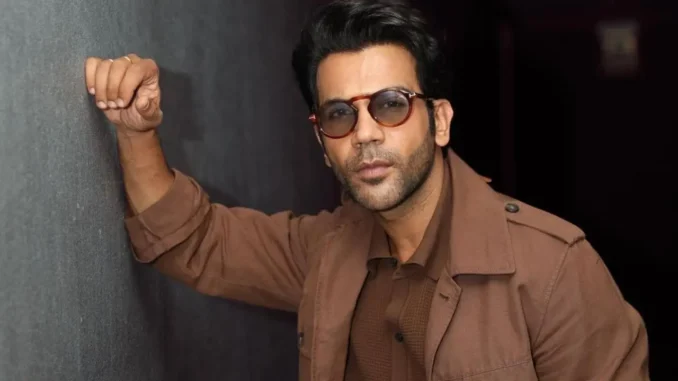
Several years after its theatrical release, the romantic-comedy film Behen Hogi Teri, starring Rajkummar Rao and Shruti Haasan, has unexpectedly come under fire for allegedly hurting religious sentiments. A legal case has now been filed against the film’s makers, with the complainant accusing the team of disrespecting Hindu religious sentiments through certain scenes and promotional content. The controversy has reignited public debate over the fine line between cinematic expression and cultural sensitivity.
The complaint, which has been admitted by a district-level court, specifically raises objections to a scene from the film where Rajkummar Rao’s character is seen dressed as Lord Shiva. The sequence, originally intended to add comic relief to the story, has now come under legal scrutiny. According to the petitioner, the depiction of a revered deity in a humorous and allegedly casual context has hurt the religious sentiments of many viewers, particularly those of the Hindu faith.
The issue isn’t entirely new—at the time of the film’s release in 2017, the same promotional poster showing Rajkummar Rao in the attire of Lord Shiva had received criticism from some groups. However, the matter seemed to fade with time, until it resurfaced recently in the form of a legal petition filed under sections of the Indian Penal Code that address deliberate acts intended to outrage religious feelings (including Section 295A). The complainant has sought strict action against the filmmakers and has urged the court to initiate proceedings against the production house, the creative team, and the lead actor.
Behen Hogi Teri, directed by Ajay K Pannalal, is set in a conservative Indian neighborhood where societal expectations often dictate personal relationships. The film humorously explores the struggles of Gattu (Rajkummar Rao), who falls in love with his childhood friend Binny (played by Shruti Haasan) but is constantly reminded by society that girls from one’s own locality are to be treated like sisters. The light-hearted tone of the film, however, may now be overshadowed by this emerging controversy.
In response to the fresh wave of allegations, the film’s production team has expressed regret over any unintentional offense that might have been caused. In an official statement, a spokesperson said, “We never intended to hurt anyone’s religious beliefs or emotions. The scene in question was shot in a respectful and creative spirit to suit the story’s narrative. If any sentiments have been hurt, we deeply regret it and remain open to dialogue.”
Rajkummar Rao has so far not made a public statement regarding the case, though those close to the actor say he is aware of the development and is likely to consult legal experts before addressing the issue publicly. Known for his choice of socially relevant and critically acclaimed roles, Rao has generally steered clear of controversy throughout his career, which makes this case particularly notable.
Legal experts have weighed in on the matter, noting that while freedom of expression is a constitutional right in India, filmmakers and artists must tread carefully when dealing with religious or cultural symbolism. “In recent years, several films have been taken to court over similar concerns. It’s important to evaluate intent, context, and portrayal before drawing conclusions,” said a senior lawyer familiar with media law.
As the case moves forward, it is expected to revive broader discussions within the film industry about creative freedom, societal responsibility, and the increasing instances of retrospective outrage. While the outcome of the legal proceedings remains to be seen, the controversy serves as a reminder of how sensitive portrayals in cinema continue to be closely watched in an evolving socio-political landscape.
For now, the matter rests with the judiciary, and a hearing date is expected to be scheduled soon. The film’s makers are reportedly considering legal options, and the possibility of a public clarification or even edits to the film for streaming platforms hasn’t been ruled out.



